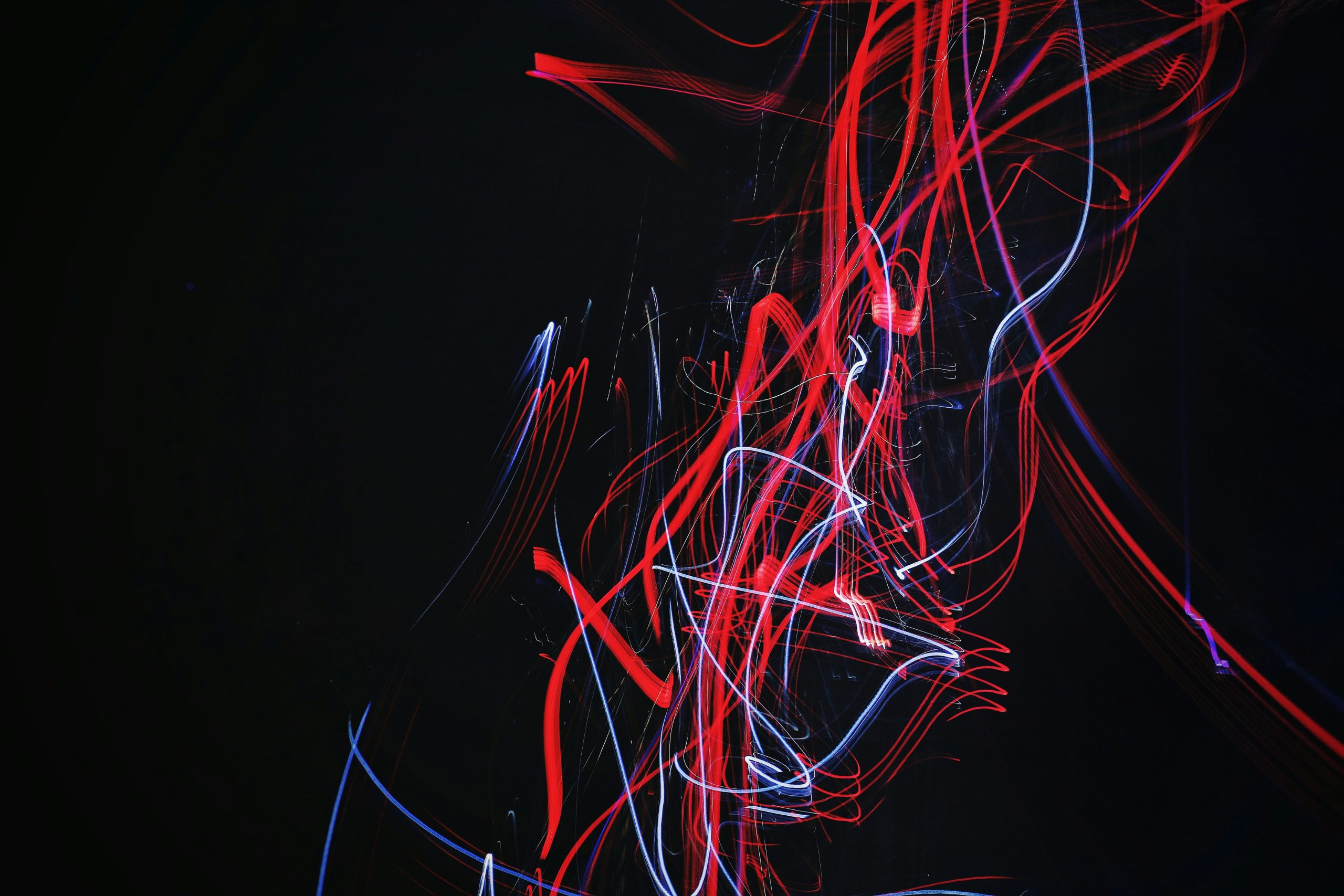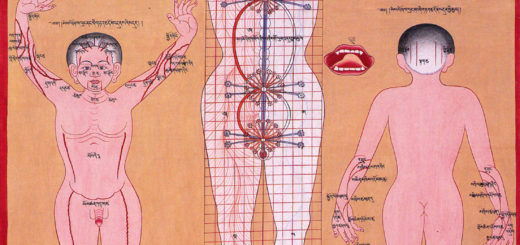What Is the Role of the Brain in Consciousness?

Hey there, amazing readers! 🖐️ Just a quick note: yes, we know there are a lot of ads here. Trust us, we get it—it’s not the prettiest look, but they help us keep this blog alive and kicking. Those pesky little ads cover the costs of all the behind-the-scenes magic, from hosting and tech stuff to creating content we hope you’ll love.
We’re committed to delivering quality posts, and your support (even just sticking around despite the ads) means everything to us. So, bear with us, and thanks for helping us keep the good vibes rolling. Now, on to the fun stuff! 😉
TRANSLATE BUTTON AT THE END OF THE ARTICLE
Introduction: Understanding Consciousness and the Brain
Consciousness, a fundamental aspect of human experience, has intrigued scientists, philosophers, and thinkers for centuries.
It is the awareness of our thoughts, feelings, sensations, and surroundings, a phenomenon that remains elusive despite advancements in neuroscience.
At the core of this enigma lies the brain, the intricate organ responsible for generating and maintaining our conscious experience.
Understanding the role of the brain in consciousness is a complex and ongoing endeavor that continues to fascinate researchers worldwide.
The Brain’s Complex Functions and Structures
The brain, comprising billions of neurons and trillions of connections, orchestrates a symphony of activities that govern our every thought, action, and emotion.
This complex organ is divided into various regions, each playing a specific role in cognitive processes, sensory perception, and motor functions.
The cerebral cortex, responsible for higher-order thinking, memory, and language, interacts with deeper structures like the hippocampus and amygdala to form a cohesive network essential for consciousness to arise.
How Does the Brain Generate Consciousness?
The exact mechanisms by which the brain generates consciousness remain a subject of intense debate among scientists.
Some theories propose that consciousness emerges from the synchronized activity of neural networks distributed throughout the brain.
Others suggest that specific regions, such as the prefrontal cortex, play a critical role in integrating information from various sensory modalities to create a coherent conscious experience.
Ultimately, the brain’s ability to process and interpret sensory input, memories, and emotions contributes to the formation of consciousness.
Consciousness: A Multifaceted Phenomenon
Consciousness is not a unitary or singular entity but rather a multifaceted phenomenon with various dimensions.
It encompasses aspects such as self-awareness, subjective experience, attention, and intentionality, each involving distinct neural processes and brain regions.
The richness and complexity of consciousness lie in its ability to adapt and evolve in response to external stimuli, internal thoughts, and environmental cues, highlighting the brain’s dynamic role in shaping our conscious experience.
The Role of Neurons and Neural Networks
Neurons, the building blocks of the brain, communicate through electrochemical signals to form intricate networks that underlie consciousness.
These networks process information, encode memories, and regulate behaviors through complex patterns of activity.
The synchronized firing of neurons in specific regions is essential for generating coherent thoughts, emotions, and perceptions, highlighting the crucial role of neural connectivity in shaping consciousness.
Brain Regions Involved in Consciousness
Numerous brain regions contribute to the generation and maintenance of consciousness, each specializing in different aspects of cognitive and perceptual processing.
The thalamus, often referred to as the "gateway to consciousness," relays sensory information to higher cortical areas for integration and interpretation.
The reticular activating system, located in the brainstem, plays a vital role in regulating arousal and wakefulness, essential components of consciousness.
Additionally, the parietal and frontal lobes are involved in self-awareness, decision-making, and executive functions crucial for conscious experience.
Theories on the Brain’s Role in Consciousness
Various theories attempt to explain how the brain gives rise to consciousness, each offering unique perspectives on this complex phenomenon.
The Global Workspace Theory posits that consciousness emerges from the global integration of information across distributed brain regions, allowing for coherent awareness and perception.
In contrast, the Integrated Information Theory suggests that consciousness arises from the intrinsic ability of neural systems to generate integrated information, creating a unified sense of self and experience.
These theories provide frameworks for understanding the neural basis of consciousness and its relation to brain function.
The Brain’s Connection to Perception and Awareness
Perception and awareness are intricately linked to the brain’s ability to process sensory information and construct meaningful representations of the external world.
Visual, auditory, tactile, and olfactory stimuli are analyzed and interpreted by specialized brain regions, leading to the conscious experience of sight, sound, touch, and smell.
The brain’s capacity to integrate sensory input with past experiences, emotions, and expectations shapes our perception of reality and influences our awareness of the self and the environment.
Disorders of Consciousness: Insights into Brain Function
Disorders of consciousness, such as coma, vegetative state, and minimally conscious state, offer valuable insights into the relationship between brain function and consciousness.
These conditions result from disruptions in neural activity and connectivity, leading to altered states of awareness and responsiveness.
Studying patients with disorders of consciousness provides researchers with opportunities to investigate the neural mechanisms underlying consciousness and explore potential interventions to restore or enhance cognitive function.
By unraveling the mysteries of these disorders, scientists gain a deeper understanding of the brain’s role in generating and sustaining consciousness.
The Future of Studying Consciousness and the Brain
Advancements in neuroimaging techniques, computational modeling, and interdisciplinary collaborations hold promise for advancing our understanding of consciousness and the brain.
Emerging technologies such as functional magnetic resonance imaging (fMRI), optogenetics, and artificial intelligence enable researchers to map neural activity, manipulate circuits, and simulate complex brain processes associated with consciousness.
By harnessing these tools and approaches, scientists aim to unlock the secrets of consciousness and shed light on the brain’s intricate role in shaping our subjective experiences.
Implications for Medicine and Neuroscience
The study of consciousness and the brain has profound implications for medicine, neuroscience, and the broader understanding of human cognition and behavior.
Insights gained from research on consciousness can inform clinical practices for treating brain injuries, neurodegenerative diseases, and psychiatric disorders that affect consciousness.
By elucidating the neural substrates of consciousness, scientists can develop targeted interventions to modulate brain activity, enhance cognitive function, and promote overall well-being.
The integration of neuroscience and consciousness research paves the way for innovative therapies and interventions that harness the brain’s innate capacities to restore consciousness and improve quality of life.
Conclusion: The Ongoing Puzzle of Consciousness and the Brain
In conclusion, the relationship between consciousness and the brain is a multifaceted and intricate puzzle that continues to captivate researchers and scholars worldwide.
The brain’s complex functions, neural networks, and specialized regions work in concert to generate our conscious experience, shaping our perceptions, thoughts, and emotions.
As scientists delve deeper into the mysteries of consciousness, new insights and discoveries emerge, challenging conventional theories and expanding our understanding of the brain’s role in shaping human consciousness.
The ongoing exploration of consciousness and the brain holds immense promise for unraveling one of the most profound enigmas of the human mind and shedding light on the intricate interplay between neural processes and subjective experience.

The Enlightenment Journey is a remarkable collection of writings authored by a distinguished group of experts in the fields of spirituality, new age, and esoteric knowledge.
This anthology features a diverse assembly of well-experienced authors who bring their profound insights and credible perspectives to the forefront.
Each contributor possesses a wealth of knowledge and wisdom, making them authorities in their respective domains.
Together, they offer readers a transformative journey into the realms of spiritual growth, self-discovery, and esoteric enlightenment.
The Enlightenment Journey is a testament to the collective expertise of these luminaries, providing readers with a rich tapestry of ideas and information to illuminate their spiritual path.
Our Diverse Expertise 🌟
While our primary focus is on spirituality and esotericism, we are equally passionate about exploring a wide range of other topics and niches 🌍📚. Our experienced team is dedicated to delivering high-quality, informative content across various subjects ✨.
To ensure we provide the most accurate and valuable insights, we collaborate with trusted experts in their respective domains 🧑🏫👩🏫. This allows us to offer well-rounded perspectives and knowledge to our readers.
Our blog originally focused on spirituality and metaphysics, but we’ve since expanded to cover a wide range of niches. Don’t worry—we continue to publish a lot of articles on spirituality! Frequently visit our blog to explore our diverse content and stay tuned for more insightful reads.



















